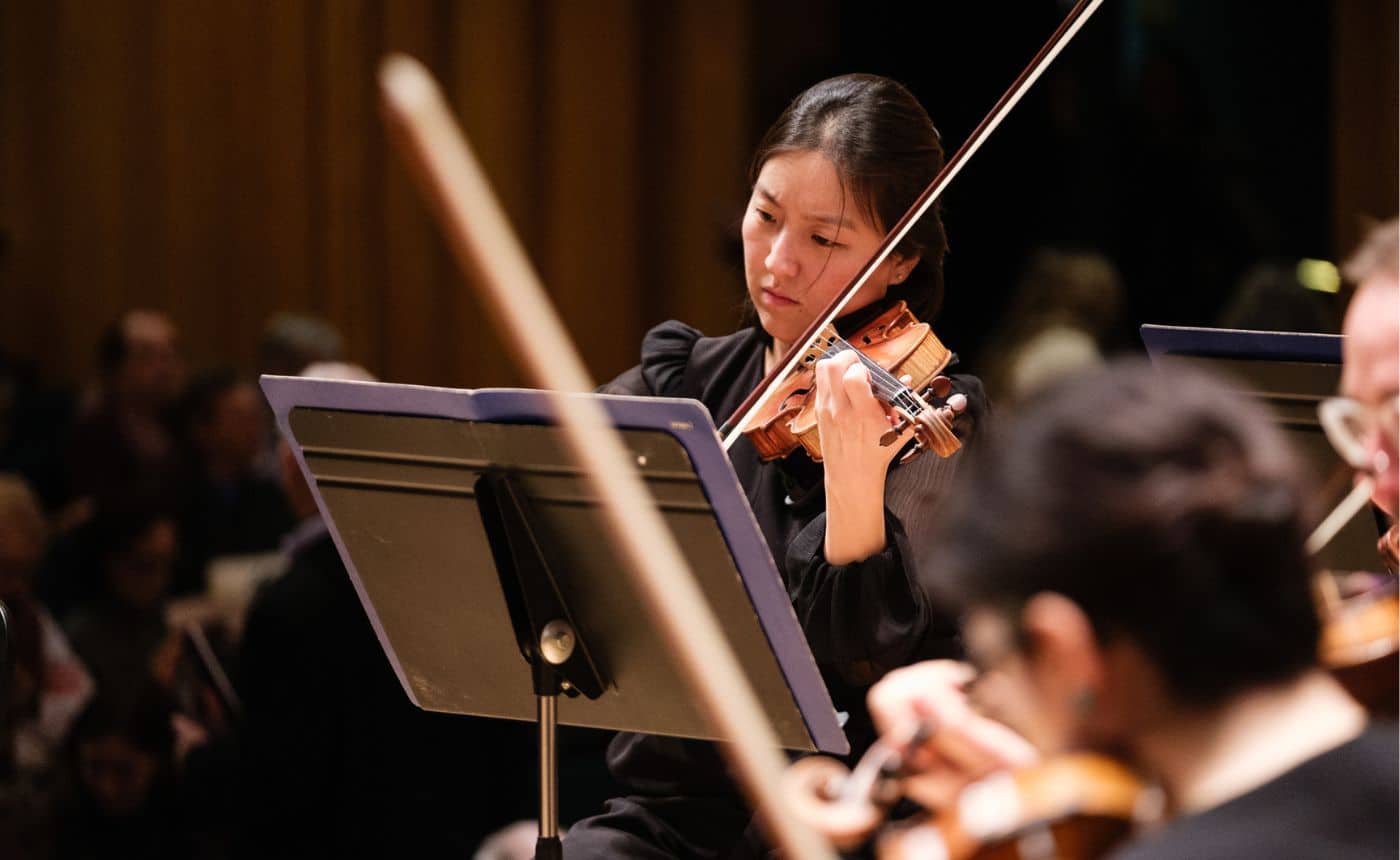Composer of the Week – Gustav Holst
Happy birthday to English composer Gustav Holst, whose birthday was yesterday, the 21st of September. Holst is most famous for his orchestral suite The Planets, which I’ll get to in a moment.
Holst was born in England, which was a surprise to me, because I thought he was born on the continent, and then moved. Holst’s original family name was von Holst, however he changed it during the first World War because of anti-German sentiment. Holst tried to enlist during WWI, but due to his bad eyes and bad lungs, he was rejected. Later on during the war he worked as a musical director for the YMCA, and traveled to Greece and Turkey, teaching music to the troops.
Holst was influenced by many different types of mysticism and spirituality. In the middle of his life he took up a great interest in Hinduism, and wrote many pieces based on different Sanskrit texts, including two operas and some hymns. He even took classes so that he could translate the texts himself.
Here’s one of the choral hymns, entitled Hymn to Vena
Another one of Holst’s mystical influences was astrology and the zodiac, which was one of his hobbies for the rest of his life. Astrology was the primary influence behind his most famous work, The Planets. The Planets is a seven-movement work based on the planets and their astrological characteristics:
Mars – the Bringer of War
Venus – the Bringer of Peace
Mercury – the Winged Messenger
Jupiter – the Bringer of Jollity
Saturn – the Bringer of Old Age
Uranus – the Magician
Neptune – the Mystic
Because it is a piece based on astrology, rather than science, the planet Earth wasn’t included. And Pluto wasn’t included because it wasn’t until 14 years after the piece was written.
Here’s two of the movements from The Planets performed by the Tokyo City Philharmonic Orchestra conducted by Taijiro Iimori.
Jupiter – The Bringer of Jollity
Mercury – the Winged Messenger












